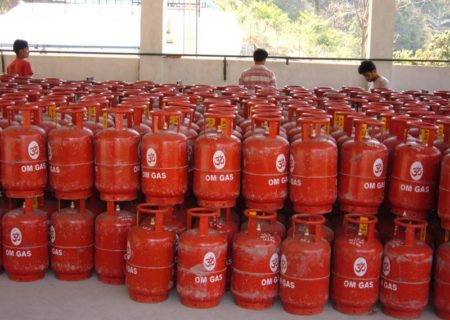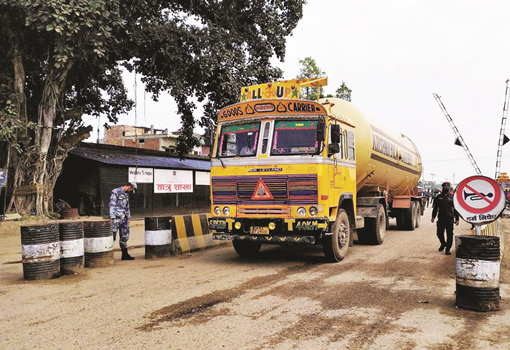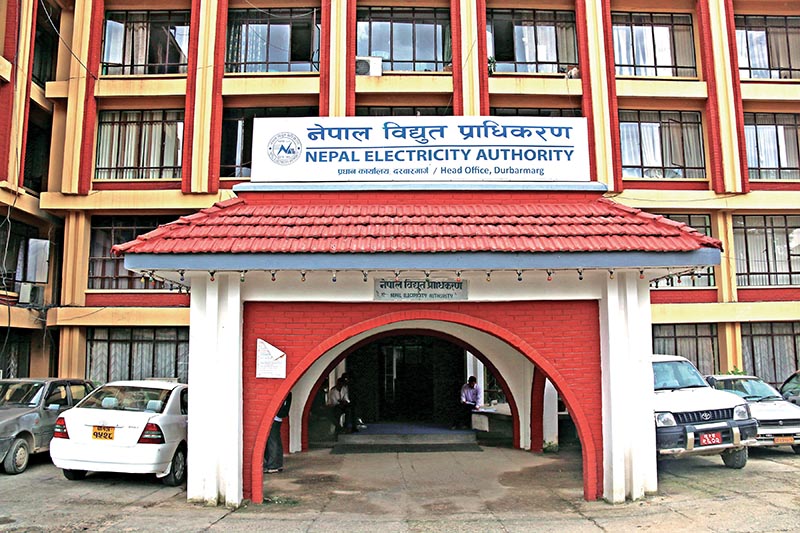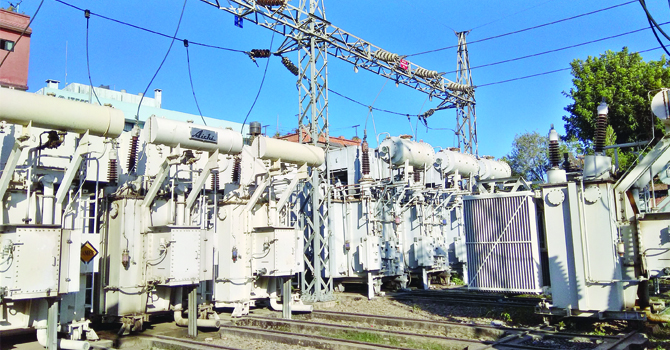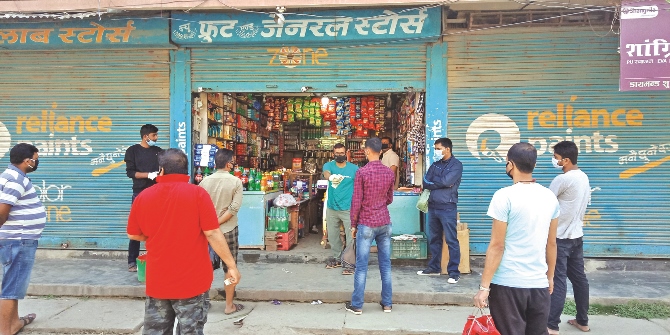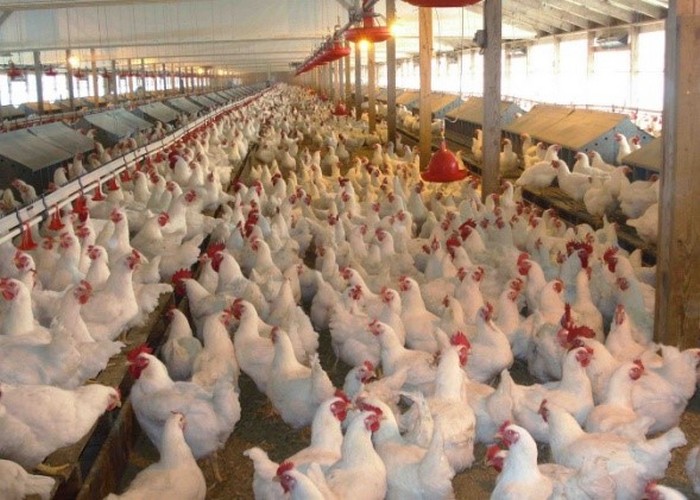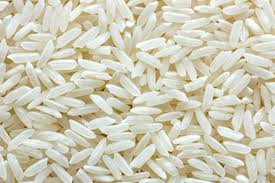Domestic production stressed to reduce cement import
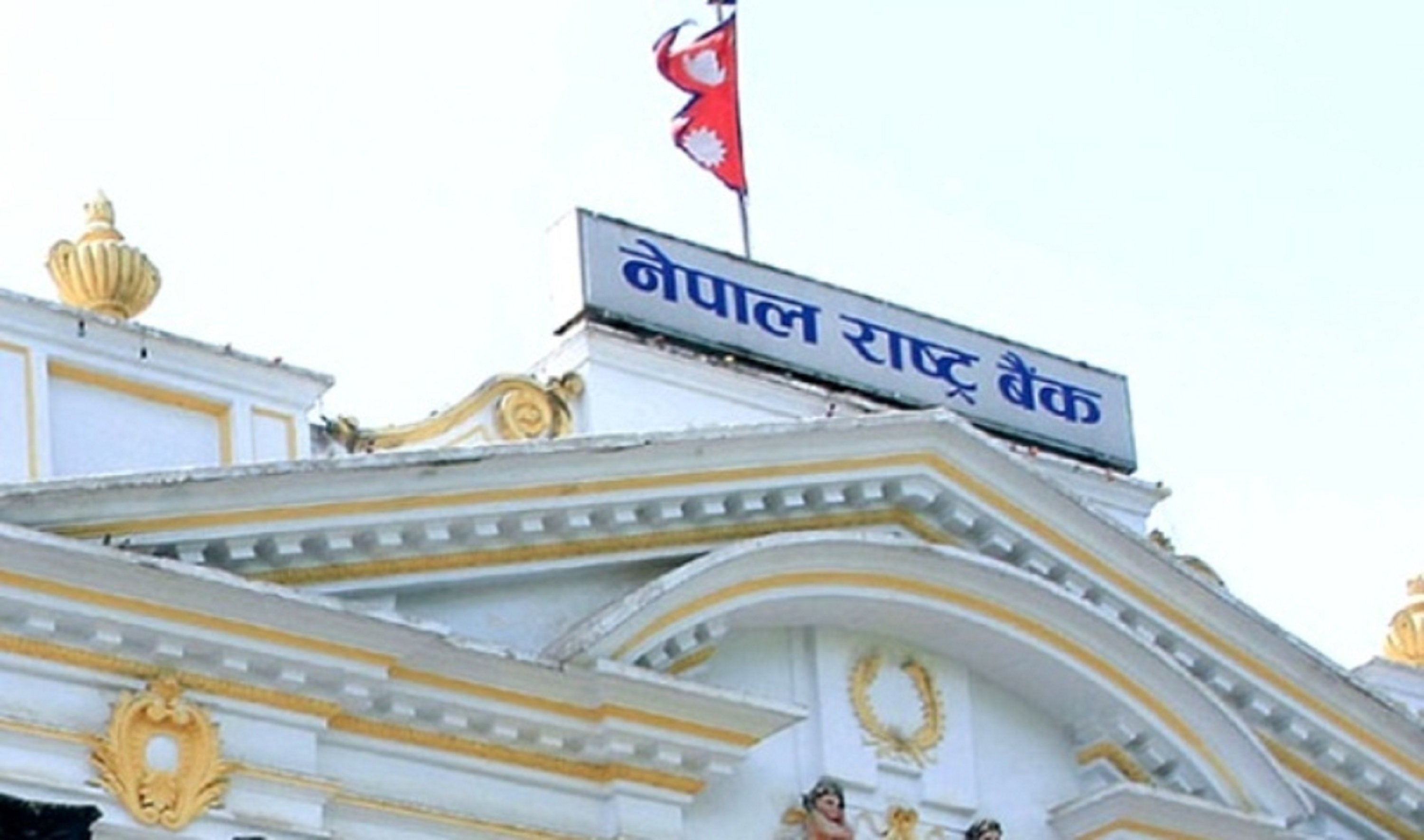
By Laxman Kafle
Kathmandu, May 22: Nepal Rastra Bank (NRB) has suggested opening additional cement industries with foreign investment.
A report titled “Foreign Investment in Cement Industry in Nepal: A study of socio-economic impact” has shown that it would be appropriate to allow the opening of more cement industries with foreign investment to meet the growing domestic demand for cement by using the limestone mines available in Nepal and to reduce imports and promote exports.
Analysing the socio-economic situation, it said that the operation of the cement industry has created business and employment opportunities.
Although the rise in land prices around the industry has had positive effects, including the wealth effect, it has also had a detrimental impact on environment.
The NRB said that the cement industries should be discouraged from establishing in the residential areas. In addition, the NRB has been suggested adopting a policy of encouraging investment in education, health and environment protection in line with corporate social responsibility.
Of the 55 cement industries currently operating in Nepal, three are foreign direct investment, two are government-owned and 50 are locally or privately owned.
Besides, two Foreign Direct Investment (FDI)-based industries are under construction.
The study said that the import of cement has been declining for the past few years due to the rising domestic production. If the established industries can come into operation at full capacity, it is seen that there will be further reduction in cement import.
The NRB study has covered seven industries, including three with foreign investment, two with government ownership and two with private ownership.
The installed capacity of sampled seven cement industries accounts for 31.24 per cent of the total installed capacity of the entire cement industry, the NRB said.
For socio-economic impact analysis, two employees from each of the selected industries and 10 local people residing near each of these industries were selected as respondents. Besides, executive heads of the sampled cement industries and government officials were also consulted during the study.
According to the study, the total installed production capacity of 55 cement industries is 15 million tonnes while the demand for cement in the domestic market is 9.05 million tonnes.
These industries have produced 7.49 million tonnes of cement and imported 1.56 million tonnes.
Since the demand for cement is projected to be doubled in the next three years, there is still room for more cement industries to be set up in Nepal, the NRB said.
As Nepal is in the process of developing infrastructure, the demand for cement is likely to go up. Several mega projects and national pride projects such as Gautam Buddha Regional International Airport, Budhigandaki Hydropower Project, Pokhara Regional International Airport, among others, are under construction.
The average capacity utilisation of industries with foreign direct investment is 45.81 per cent, while that of government and privately owned industries are 50.12 percent and 63.78 percent respectively.
FDI-based cement industries are found to be more efficient and profitable than both government owned and locally owned ones.
Cement industries set up with foreign investment have high production capacity and low production cost.
The FDI-based cement industries are occupying prominent positions in the Nepali market, both in terms of the investment and the production capacity.
The FDI in cement industries in Nepal stands at Rs. 56.97 billion as of 2018/19, compared to the total capital of domestic cement industries of Rs. 122.33 billion.
The FDI-based cement industries in Nepal (with the respective percentage of foreign investment in parenthesis) are Hongshi-Shivam Cement Pvt. Ltd (70 per cent), Arghakhanchi Cement Pvt. Ltd. (18 per cent), Maruti cement Ltd (21 per cent), Tianyi cement industries Pvt. Ltd (70 per cent), and Hauxin cement Narayani Pvt. Ltd (100 per cent).
The 3 FDI-based cement industries which have come into operation account for 20.31 per cent of the total installed capacity of the Nepali cement industry. Of the 55 cement industries in operation, average daily production capacity of 3 such industries is 2,783 tonnes while that of two government owned, and 50 locally and privately owned industries are 820 tonnes and 622 tonnes respectively.
Recent News

Do not make expressions casting dout on election: EC
14 Apr, 2022
CM Bhatta says may New Year 2079 BS inspire positive thinking
14 Apr, 2022
Three new cases, 44 recoveries in 24 hours
14 Apr, 2022
689 climbers of 84 teams so far acquire permits for climbing various peaks this spring season
14 Apr, 2022
How the rising cost of living crisis is impacting Nepal
14 Apr, 2022
US military confirms an interstellar meteor collided with Earth
14 Apr, 2022
Valneva Covid vaccine approved for use in UK
14 Apr, 2022
Chair Prachanda highlights need of unity among Maoist, Communist forces
14 Apr, 2022
Ranbir Kapoor and Alia Bhatt: Bollywood toasts star couple on wedding
14 Apr, 2022
President Bhandari confers decorations (Photo Feature)
14 Apr, 2022



